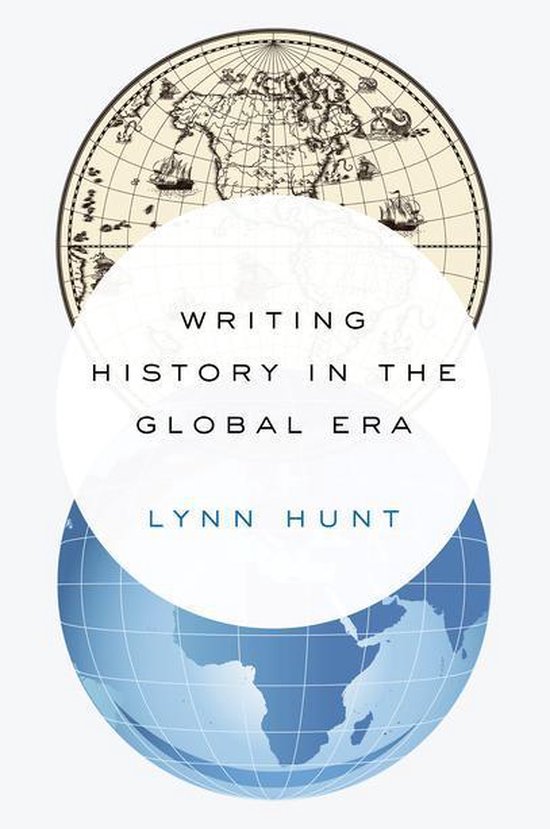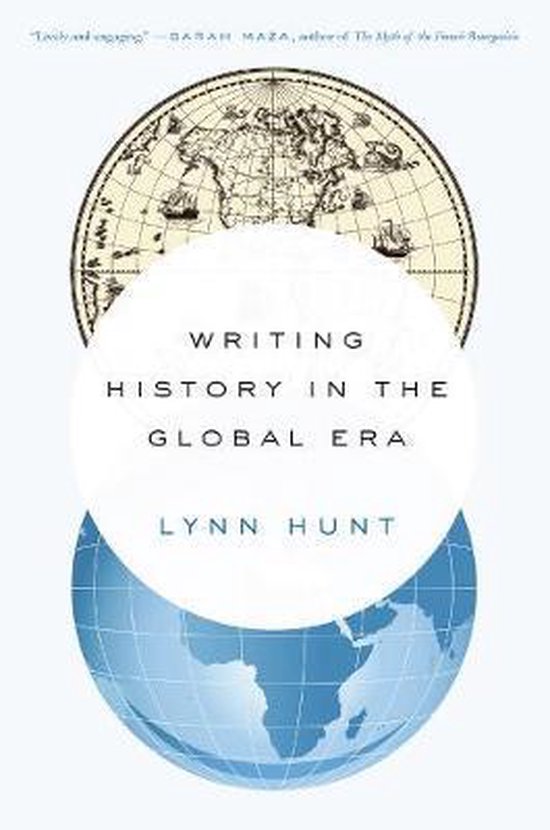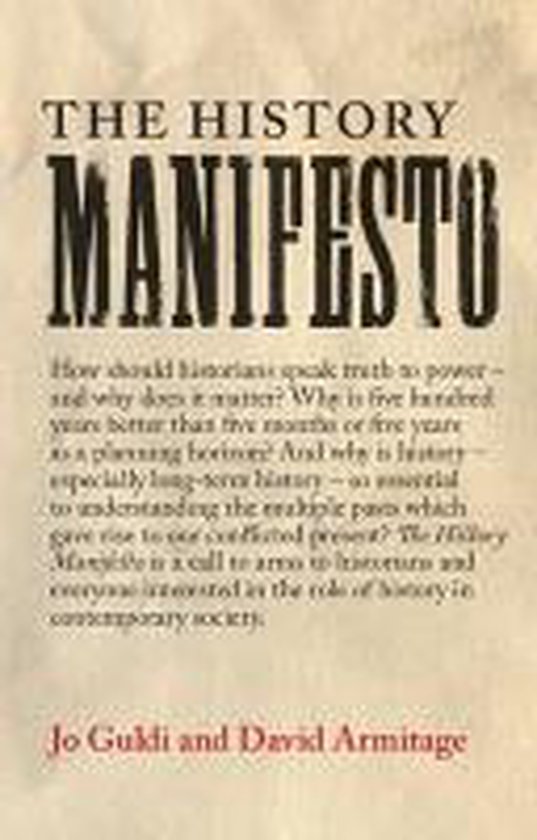
Writing History in the Global Era
Leading historian Lynn Hunt rethinks why history matters in today"s global world and how it should be written. George Orwell wrote that "history is written by the winners." Even if that seems a bit too cut-and-dried, we can say that history is always written from a viewpoint but that viewpoints change, sometimes radically.
The history of workers, women, and minorities challenged the once-unquestioned dominance of the tales of great leaders and military victories. Then, cultural studies—including feminism and queer studies—brought fresh perspectives, but those too have run their course.
With globalization emerging as a major economic, cultural, and political force, Lynn Hunt examines whether it can reinvigorate the telling of history. She hopes that scholars from East and West can collaborate in new ways and write wider-ranging works.
At the same time, Hunt argues that we could better understand the effects of globalization in the past if we knew more about how individuals felt about the changes they were experiencing. She proposes a sweeping reevaluation of individuals" active role and their place in society as the keys to understanding the way people and ideas interact. She also reveals how surprising new perspectives on society and the self—from environmental history, the history of human-animal interactions, and even neuroscience—offer promising new ways of thinking about the meaning and purpose of history in our time.
The history of workers, women, and minorities challenged the once-unquestioned dominance of the tales of great leaders and military victories. Then, cultural studies—including feminism and queer studies—brought fresh perspectives, but those too have run their course.
With globalization emerging as a major economic, cultural, and political force, Lynn Hunt examines whether it can reinvigorate the telling of history. She hopes that scholars from East and West can collaborate in new ways and write wider-ranging works.
At the same time, Hunt argues that we could better understand the effects of globalization in the past if we knew more about how individuals felt about the changes they were experiencing. She proposes a sweeping reevaluation of individuals" active role and their place in society as the keys to understanding the way people and ideas interact. She also reveals how surprising new perspectives on society and the self—from environmental history, the history of human-animal interactions, and even neuroscience—offer promising new ways of thinking about the meaning and purpose of history in our time.
| Auteur | | Lynn Hunt |
| Taal | | Engels |
| Type | | E-book |
| Categorie | | Geschiedenis |




